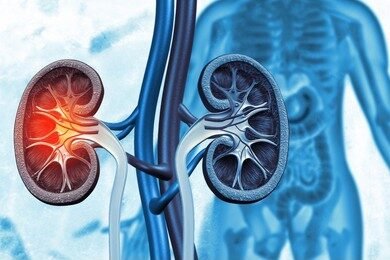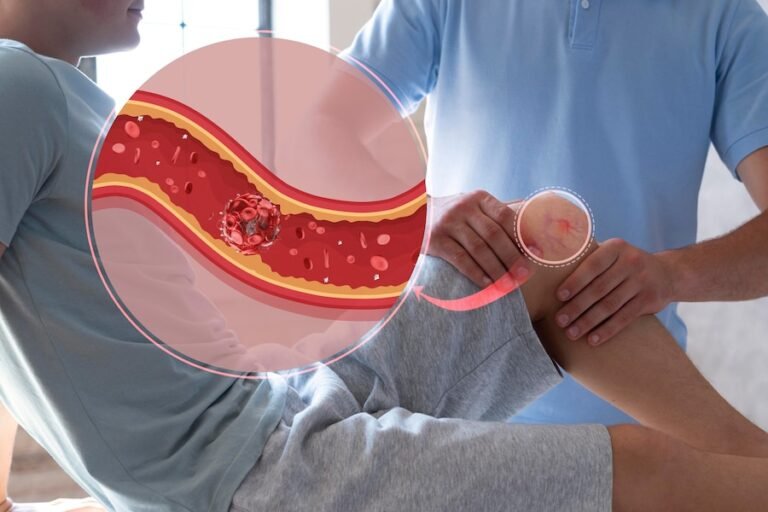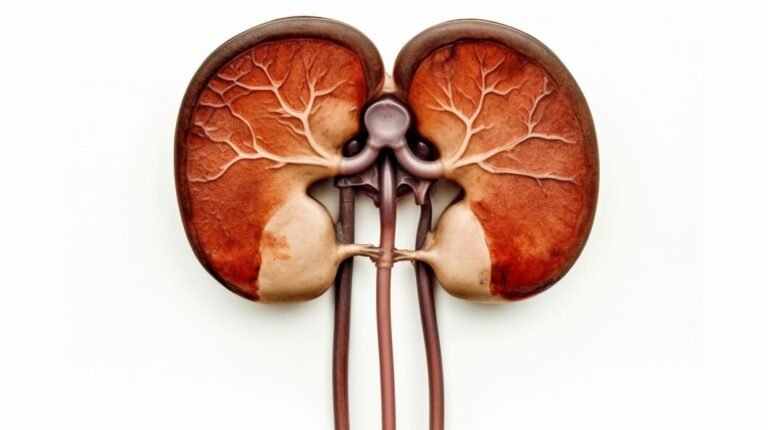Overcoming Erectile Dysfunction: Understanding, Treatment, and Emotional Well-being.
Erectile Dysfunction (ED) is a prevalent condition affecting men worldwide, causing distress and impacting intimate relationships. It is essential to recognize that ED is a common medical issue with various causes, and seeking proper understanding, professional guidance, and emotional support can pave the way to effective management and improved quality of life.
Understanding the Causes
- Physical Factors:
- Underlying health conditions like diabetes, cardiovascular diseases, and high blood pressure can disrupt blood flow to the genital area, contributing to ED.
- Hormonal imbalances, particularly low testosterone levels, may play a role in erectile difficulties.
- Psychological Factors:
- Stress, anxiety, depression, and other mental health issues can adversely affect sexual performance.
- Relationship problems or performance anxiety may contribute to the onset or exacerbation of ED.
- Lifestyle Factors:
- Unhealthy habits such as smoking, excessive alcohol consumption, and a sedentary lifestyle can increase the risk of ED.
- Obesity is linked to both physical and psychological factors contributing to erectile difficulties.
- Neurological and Structural Issues:
- Conditions affecting the nervous system, such as multiple sclerosis or spinal cord injuries, can interfere with the nerve signals needed for an erection.
- Structural issues or surgeries in the pelvic area may impact erectile function.
Treatment Options
- Medications:
- Phosphodiesterase type 5 (PDE5) inhibitors, such as sildenafil (Viagra), tadalafil (Cialis), and vardenafil (Levitra), are commonly prescribed to enhance blood flow to the penis, facilitating erections.
- Lifestyle Changes:
- Adopting a healthier lifestyle, including regular exercise, a balanced diet, and smoking cessation, can contribute to overall sexual health.
- Psychological Counseling:
- Therapy or counseling can help address underlying psychological factors contributing to ED, providing tools to manage stress, anxiety, or relationship issues.
- Hormone Replacement Therapy:
- If hormonal imbalances are identified, hormone replacement therapy may be considered under medical supervision.
- Devices and Implants:
- Vacuum erection devices can aid in achieving and maintaining an erection.
- In more severe cases, surgical options like penile implants may be recommended.
Emotional Well-being
The emotional impact of ED should not be underestimated. Men experiencing ED may face feelings of inadequacy, frustration, or embarrassment. Open communication with a healthcare provider, sharing concerns with a partner, and seeking support from mental health professionals can be pivotal in managing these emotions and fostering a positive outlook.
Conclusion
Erectile Dysfunction is a medical condition that can be effectively managed with the right approach. Seeking professional help, understanding the root causes, and exploring appropriate treatment options are crucial steps in overcoming ED. Additionally, addressing the emotional aspects of the condition can contribute to a holistic and comprehensive approach, promoting not only physical well-being but also a healthy and fulfilling intimate life.







